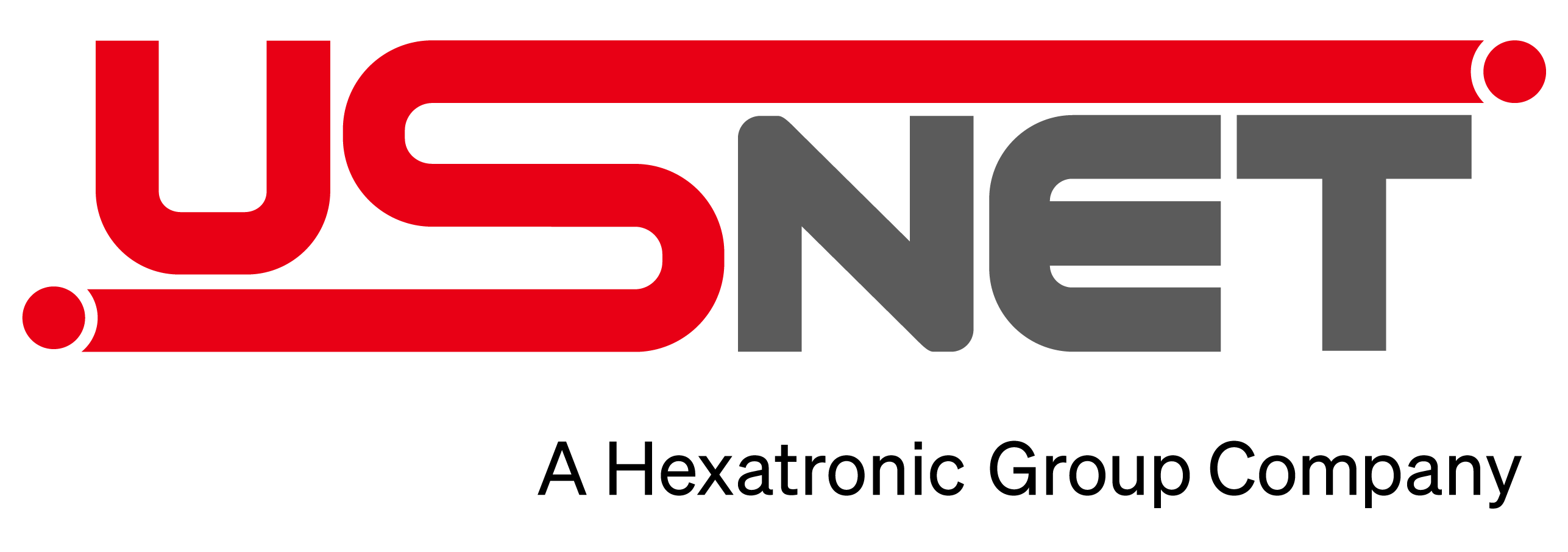
Choosing a colocation provider is an important business decision requiring tremendous forethought and consideration. You must take into account several critical factors, as the stability and reliability of your IT infrastructure hinge on your ultimate decision.
Colocation is a viable option for businesses without the resources to build and maintain their own cloud infrastructure. But choosing the right colocation provider can be challenging. With so many data centers and service providers, asking the right questions can ensure you’re making an informed decision — instead of a costly mistake.
Let’s explore four key questions you should ask when choosing a colocation provider and see how they instill confidence when the time comes to relocate your data center.
1. Where are they located?
One of the first factors to think about when you’re choosing a colocation provider is their location. Consider not only proximity to your facilities but also climate and geography.
You’ll want to make sure the provider is near an area conducive to data latency with infrastructure for optimal data transfer speeds. Proximity to a major city is ideal for connectivity in most cases, but some remote data centers do have dedicated fiber to speed data transmission.
In a more peripheral sense, weather and geography are also important considerations. Extreme weather means inevitable disruptions and downtime, so choose a provider who is removed from those risks — or who can account for them. The last thing you need is a blizzard, tornado, hurricane, earthquake, or other natural phenomenon taking your data offline for hours (or even days).

2. What is the cost structure?
Colocation pricing can be complex, and it varies among providers. Businesses should be well informed about all costs and fees before signing a contract.
Take setup and change fees, for example. They aren’t always explained well and can be significant depending on the amount of rack space you need and the way you’re structuring your data storage. You’ll also want to ask about costs associated with data storage, including power, bandwidth, cooling, and other considerations.
Next, ask how your money is being spent on the equipment hosting your data. Are the provider’s equipment and infrastructure current? Are they investing in new technology to stay competitive? You don’t want to pay for rack space in a rundown data center rife with electrical hazards or one left untended for days or weeks at a time.
3. Can the provider scale with you?
Companies in the digital era are growing their data footprint by leaps and bounds each year. Their IT infrastructure must be flexible to accommodate this growth. You may need more capacity as your business grows or want to scale back in the event of a data purge or consolidation. Organizations must know their colocation provider will scale with them.
“Pay as you grow” plans are common and reliant on a modular system to add new servers when necessary. Verify your provider has a flexible approach to infrastructure so you can scale up or down as needed. Moreover, make sure your costs aren’t increasing faster than your need for data storage and services.

4. Who’s there to help?
Finally, consider the support a colocation provider offers. Technical support is vital in a crisis, and a good support team can reduce or eliminate system downtime. Ask about the support team’s qualifications and experience, and confirm they are available 24/7.
It’s also helpful to know whether the support team is on-site or remote. On-site support can be more responsive in an emergency, while remote support is often more cost-effective. Be sure you understand the support team’s capabilities and availability before signing a contract. It’s easier to set expectations for problem resolution when you know the status of your provider’s support staff.
Do you have a colocation strategy?
Putting your data in the hands of a third-party partner isn’t a decision you should make without extensive consideration. A few simple questions can help you choose a provider who meets your needs and offers the necessary support and flexibility to grow and thrive. When evaluating potential providers, ask about location, cost structure, future flexibility, and support — so you can make a confident and well-informed colocation decision.

Recent Comments